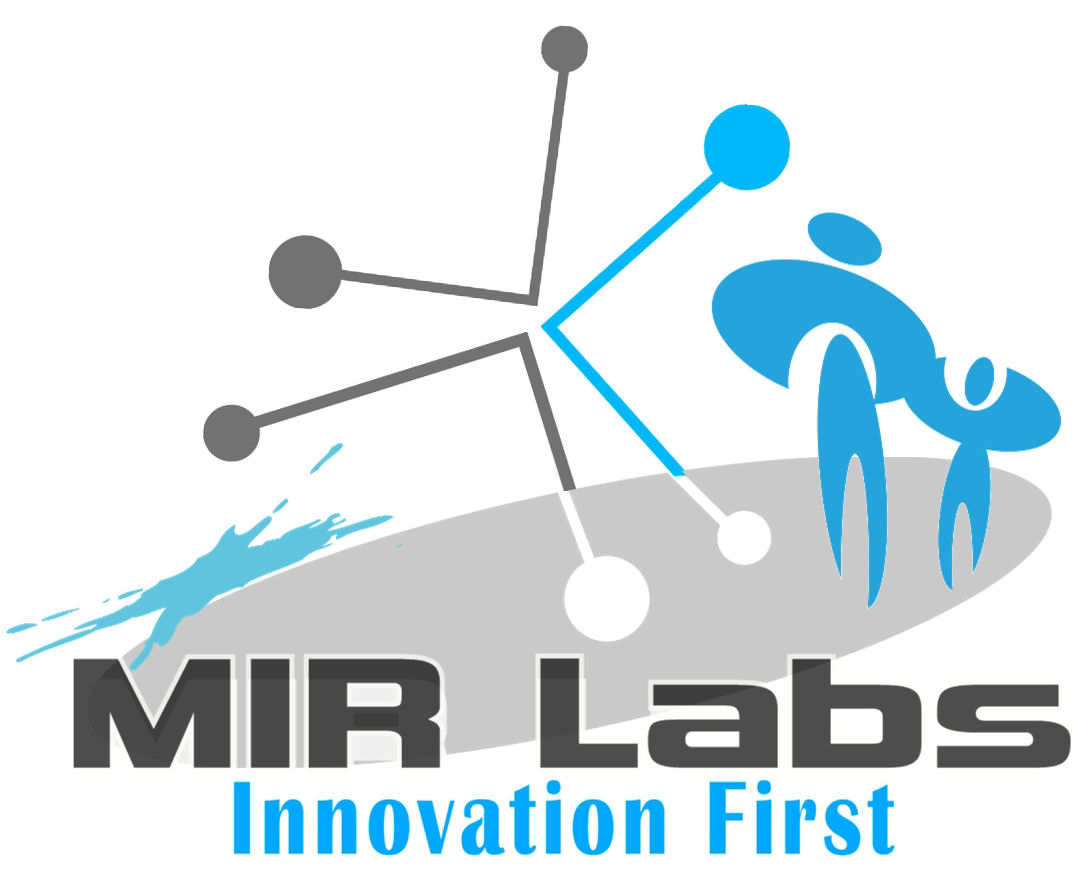
Track 19-The Role of Technology in Education and Health
Information and communication technologies (ICT) have become commonplace entities in all aspects of life. Nowadays the role of Information and Communication Technology (ICT), especially internet in the education sector plays an important role, especially in the process of empowering the technology into the educational activities. Education sector can be the most effective sector to anticipate and eliminate the negative impact of ICT. Technology in another side can be the most effective way to increase the student’s knowledge. The special session “The Role of Technology in Education and Health” aims to gather educators, researchers, scientists, administrators and policy makers to share and discuss how ICT have effectively enhanced teaching, learning, and governance in education.
Improving health care involves not only improving the knowledge and skills of medical professionals, but also empowering people with the knowledge needed to make informed decisions about how to live more healthy. ICT offers a plethora of alternatives to communicating important health messages to the public. ICT is uniquely positioned to make a difference by helping to increase the qualifications and skills of health and medical professionals and thereby improve the delivery of health services. Information and Communication Technologies can play a powerful role in improving the efficiency of health services. Through computer-based records and other technological infrastructure-building, health care institutions can better manage and share information, thereby improving the efficiency of the health system as a whole.
As the application of information technology in healthcare is increasing and the volume of available health related information is rapidly growing, the importance of effective health information management is more and more recognized by healthcare professionals and providers. New technologies and relevant applications and services have emerged recently on the Internet, constituting the so called Web 2.0. These applications are characterized by features enabling collaboration, information sharing and aggregation, composition of independent services and provision of rich user interaction.
This special session aims to bring together researchers and developers from various related areas to share their knowledge and experience, to describe current state of the art in Information and Communication Technologies and Applications in Education and Health Sector. Another goal of this session is to be discussed some of the characteristics of existing e-health applications, trying to identify problems and investigate for potential benefits of applying concepts and ideas used on Web 2.0 applications.
Please submit a full paper for consideration. All accepted papers will be published in the conference proceedings. Topics of interest include, but are not limited to, the following:
The Role of Technology in Education and Health
Enhancing Assessment and Feedback through Technology
Using Web 2.0 Technology to improve Collaboration across the Education and Health Sectors;
Innovative Tools and Technologies to support Learning
Design Principles for Collaborative Learning
Networked Learning Communities
Development and Evaluation of Learning Environments
Learning Systems Platforms and Architectures
E-Learning and Knowledge Management
Releasing, sharing, and using Openly Accessible Online Teaching Materials (OER)
ICT in Education and Health Care: Sociotechnical Approaches
Using Technology to enhance Pedagogic Quality whilst maintaining Cost Efficiencies
Using Technology to enhance Digital Inclusion
Using technology to support those with Learning Difficulties
Track Chairs: Associate Professor Ibrahiem El Emary, King Abdulaziz University, Jeddah, King Saudi Arabia
Dr. Athina Lazakidou, University of Peloponnese, Sparti, Greece
